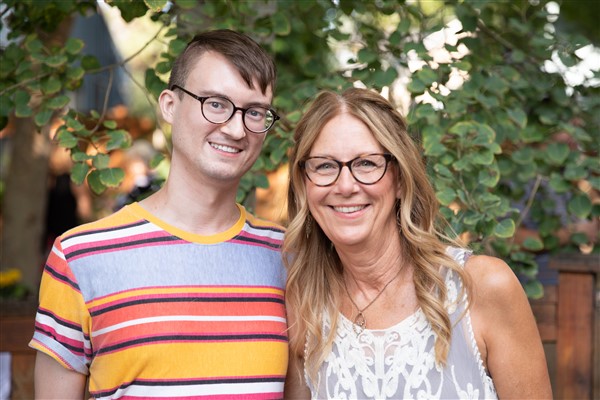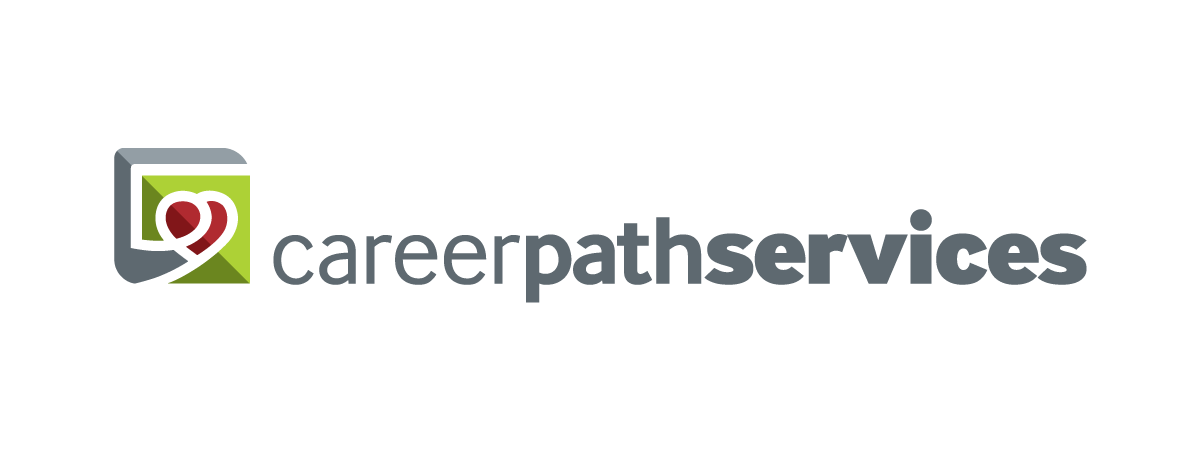Journey Journal – June
On My Mind – The More, You Know
I don’t know how many people watch network TV anymore, but you may be familiar with NBC’s “The More You Know” PSA series featuring educational messages. As I was thinking about this month’s message, and our desire to be an equity-centered organization, the phrase “The more you know” kept going through my head. We are developing a learning culture and building our equity muscle. It is why we created the Lunch and Learn Series with a focus on racial equity with the YWCA 14-Day Challenge and United Way’s 5-Day Equity Challenge. It is why we share information about Juneteenth, celebrate Black History, American Asian Pacific Islander, PRIDE months, and events to expand our cultural awareness. Our goal in “knowing more” relates to our organization’s purpose and is steeped in our belief that every person is unique, worthy of respect and dignity. The more we know and understand the experiences of others, the better able we are to work together and serve.
The month of June is dedicated to uplifting LGBTQ voices, celebrating LGBTQ culture, and supporting LGBTQ rights. We value our employees and customers of the LGBTQ community. I want to share a personal story that contributes to my drive to ensure we keep equity at the center of everything we do.
I am a mom to four amazing sons. In 2004, my third son, Jacob, shared with me that he was gay. He was going into his freshman year of high school, and like all teens, he was struggling with finding his identity, which for him included being a young man who is gay in a world where being LGBTQ is often not accepted. His coming out was not a surprise to me; call it mom instinct. Even so, there were many emotions I was feeling. I was honored that he trusted me enough to share.
On the other hand, I was scared, knowing he would face challenges in how others perceived and treated him. I didn’t know how other family members would react, and I felt unsure how to support him best and ill-equipped to help him navigate the challenges. Yet, one thing held fast: I loved my son; I knew he is perfectly made, and I would do my best to keep him safe and create space for him to be himself.
Some of my fears were realized, and others not. Our family was accepting, but the high school years were rough. Kids and adults can be cruel, and in his freshman year, the bullying escalated, causing me to go to the school administration and seek help. The principal was compassionate and reassured me that they would do what they could, extra teachers in the halls, walking him to class, but that only made Jacob more of a target. Finally, the principal admitted they could not keep Jacob safe. He recommended transferring to a high school across town that was more inclusive and tolerant. We made the move which helped, but those years were tough. I had many parental fails but tried my best to ensure Jacob knew I loved him, accepted him, and supported him. As I look back, I wish I had done more, learned more, advocated more.
I want to believe that in 2021 we have become more accepting of LGBTQ and that Jacob’s experience would be different today. So why share this story here? Well, in part because I have learned and grown myself over the years and partly because I think we all still have a lot to learn when it comes to accepting people as they are. Only seeing one aspect of a person and judging them based on one aspect of who they are is short-sighted and unfair. I have learned that Jacob and each of us are so much more than one thing. Yes, Jacob is gay; he is also a son, a brother, a college graduate, a community organizer, a trauma survivor, a life-long learner, a music lover, a gamer, and so much more. In other words, he is a beautiful human being, perfectly made, worthy of dignity and respect.
The same is true of each of you and each customer we serve. We do not know the story of our colleagues or our customers. It is our responsibility to see each person as an individual with a story. It is our job to work with them and serve them in culturally appropriate ways. I share because CPS is a place of inclusion and belonging, where we value diversity and recognize that each person brings depth and dimension to our purpose. What does it look like in action? It looks like identifying, examining, acknowledging our biases, learning, and understanding the experiences of the BIPOC, AAPI, LGTBQ, People with Disabilities, Hispanic/Latinx, Immigrants, etc. The more we know, the more we see the diversity of the human experience, the closer we will come to a world where all are welcome and find purpose and meaning. What will you learn?
Dignity of Work Podcast
We continue to produce our Podcast Inclusion Series. You can learn about serving older workers and another featuring our BankWork$ program creating career pathways for June. You can catch up on all episodes here. We welcome your ideas on themes and ideas for the upcoming season.
Jobs and the Economy
The May jobs report highlights a recovering job market and economy. Yet, you cannot look at your news feed without seeing story after story about employers not finding workers, workers being selective about what types of jobs they want, and at what wages. There are challenges of finding childcare, concerns about inflation, and employers determining whether to have staff return to the office or go with a hybrid model. Governors are stopping extended UI benefits. The recovery is uneven, and there are no easy answers or one-size-fits-all responses. We must be informed and agile to adjust our service delivery to meet the current needs and demands.
As reported in this article from The Hill: Some of the industries hindered the most by COVID-19 are rebounding, but many of the demographic groups who’ve suffered disproportionate burdens continue to trail the rest of their peers.
The Black unemployment rate was 9.1 percent in May, well above the 5.1 percent unemployment rate for Whites and 5.5 percent for Asian Americans. The Hispanic unemployment rate also remained high, at 7.3 percent. “While the overall unemployment rate has dropped, the rate for workers of color remains at crisis levels,” wrote Janelle Jones, chief economist at the Labor Department, in a Friday analysis.
“While Black and Hispanic workers face unemployment rates at this level, we’re still a long way from economic equity,” Jones added.
The Pandemic recovery will be like none we have ever seen, and it will require understanding individual circumstances. As Workforce Development Professionals, it is incumbent upon us to be informed and ready to help our customers: workers and employers.
WorkSource Teams are returning to the office and re-opening to the public. Effective July 4, people receiving Unemployment benefits will be required to do and report job search requirements. On the Commerce side, participation requirements are coming back. I believe demand will be high for both in-person and virtual services. I appreciate the efforts of our leadership team guiding and planning to help you navigate the return to the office.
Cami’s Learning Links:
May Jobs Report
Ezra Klein Show-Employers Are Begging For Workers
It’s time to Reimagine Diversity, Equity, and Inclusion
11 Simple Ways You Can Make Your Workplace More LGBTQ Inclusive
Using Pronouns and Gender Inclusive Language in the Office
AAPI Equity Challenge
Coming Up:
• Lunch and Learn Series-AAPI Equity Challenge Thursdays through June
• Employee Advisory Group-June 17
• Juneteenth June 19- Early Release-June 17 or 18 depending on your workweek
• End of Program Year-June 30
• Personal Development reimbursement submissions due no later than June 30
• REDI Focus Group Follow-up
June Resilience Quote:
“Nothing can stop the power of a committed and determined people to make a difference in our society.” John Lewis


Comments are closed.